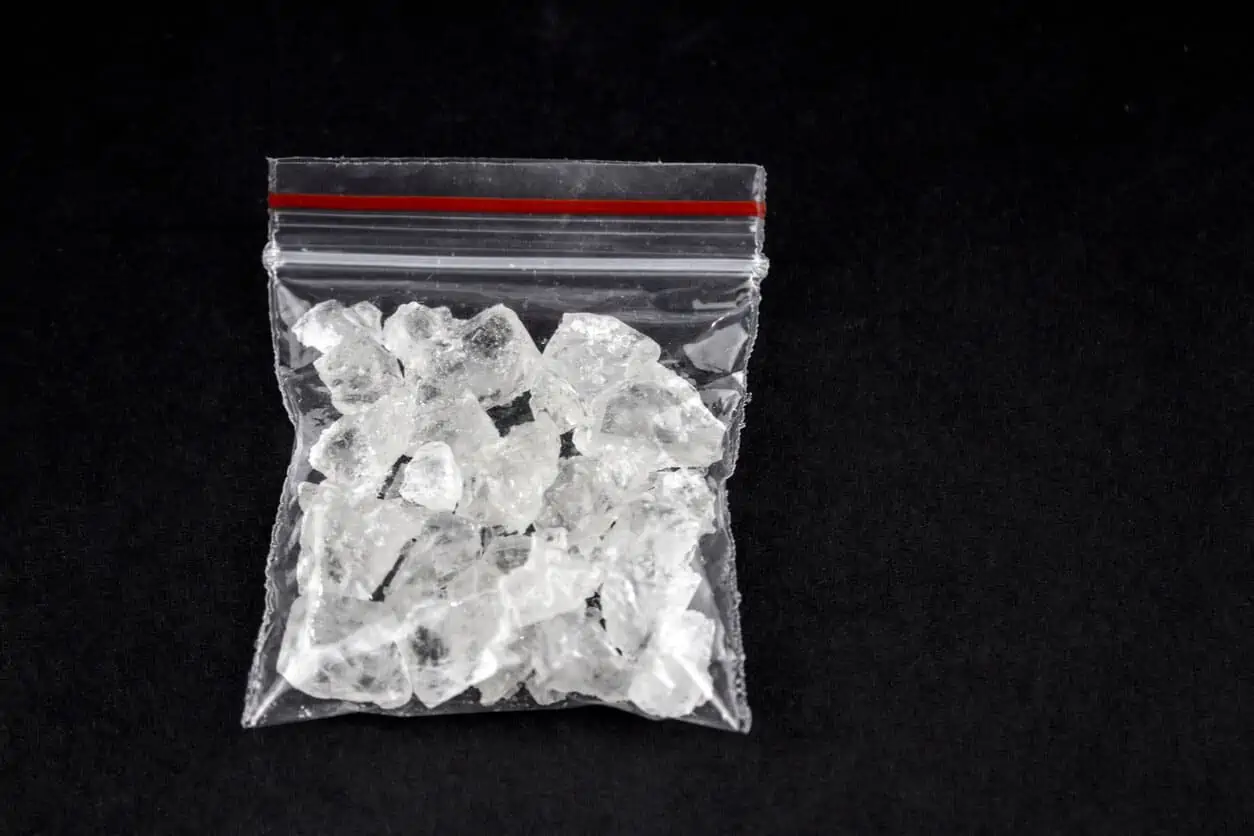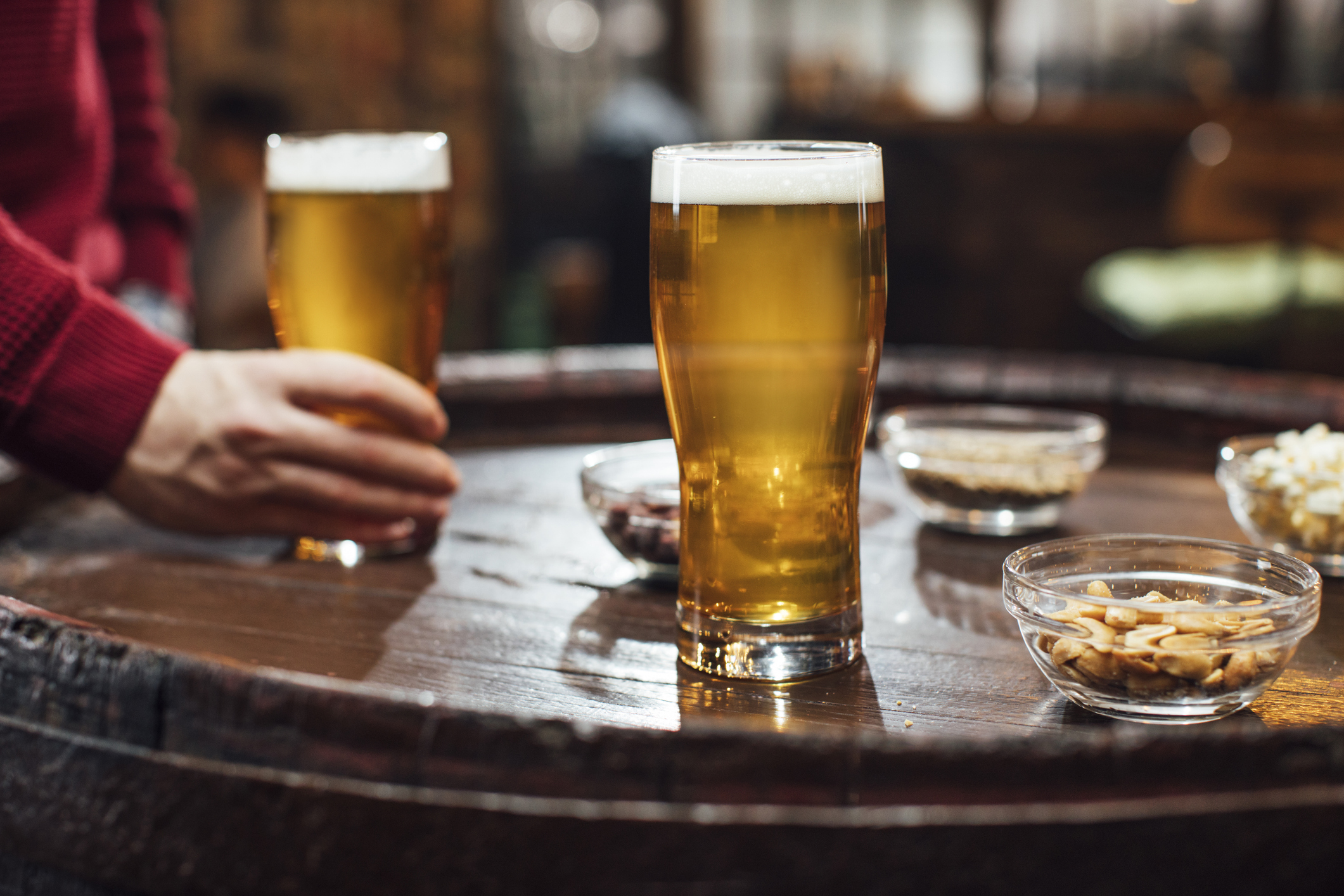While it was once believed that “a glass of wine” was okay during pregnancy, numerous studies have shown there is no safe amount of alcohol consumption during pregnancy. Contrary to popular belief, there is no magical threshold below which alcohol becomes harmless. Whether it’s wine, beer, or spirits, all types of alcoholic beverages can be equally detrimental to the developing fetus. Even small amounts of alcohol can have profound effects on the baby’s growth, development, and overall health.
Why Is Alcohol So Dangerous During Pregnancy?
Alcohol is a teratogen, a substance that can cause fetal abnormalities and developmental problems. When a pregnant woman consumes alcohol, it quickly passes through the placenta via the umbilical cord, exposing the fetus to the same levels of alcohol present in the mother’s bloodstream. This can lead to a range of physical, behavioral, and intellectual disabilities known as fetal alcohol spectrum disorders.
In addition to harming the developing fetus, other research has shown that heavy drinking even before conception could impact the health of future children. The study, which the National Institutes of Health conducted, claims that women who have a history of binge drinking are putting their future children at risk of having a predisposition for alcohol use disorder (AUD), high blood sugar, and type 2 diabetes.
What Is Binge Drinking?
The term “binge drinking” may conjure up an image of someone who’s a “weekend warrior” or drinks until they black out or pass out. However, this is incorrect. In fact, The National Institute on Alcohol Abuse and Alcoholism defines binge drinking as having four or more drinks in two hours. And, according to an article published by the American Journal of Public Health, almost 18 percent of women of childbearing age were considered binge drinkers. This means that roughly one in five childbearing-aged women could unknowingly be putting their future children at risk.
While this recent study limited the dangers of binge drinking before conception to health issues, a previous study conducted by the Norwegian Institute of Public Health linked heavy drinking to behavioral problems. Beyond that, there are many reasons not to drink during pregnancy.
The Effects of Alcohol on Fetal Development
Understanding how alcohol affects the developing fetus is essential in comprehending the gravity of drinking while pregnant. The impact of alcohol consumption during pregnancy on fetal development varies depending on the stage of pregnancy and the frequency and volume of alcohol consumed.
Alcohol can affect pregnancy before conception, and it can be very harmful throughout the pregnancy, regardless of the trimester. During the first three months, alcohol in early pregnancy can lead to significant facial abnormalities, including a smooth ridge between the nose and upper lip, a thin upper lip, and a flat nasal bridge. Growth and central nervous system problems can also occur during this time, resulting in low birth weight and behavioral issues.
From weeks 3 to 16, alcohol can interfere with the formation of the baby’s brain, spinal cord, heart, arms, legs, eyes, and ears. This period is critical for the development of major bodily structures, and alcohol can cause irreversible damage.
Even later in pregnancy, alcohol can impact the baby’s teeth, palate, and external genitals. It is crucial to understand that alcohol can affect various aspects of the baby’s health and development at any stage of pregnancy.
The Risks of Binge Drinking During Pregnancy
In addition to being harmful before pregnancy, binge drinking poses even greater risks to the developing fetus. It can result in higher blood alcohol concentrations and prolonged alcohol exposure, increasing the likelihood of severe developmental issues. It is important to note that binge drinking can occur at any time during pregnancy and is not limited to the early stages.
Research suggests that even low levels of alcohol consumption can have detrimental effects on the baby’s health. Therefore, pregnant women must abstain from alcohol completely to ensure the best possible outcomes for their babies.
The Prevalence of Alcohol Use During Pregnancy
Despite the well-documented risks, some pregnant women continue to consume alcohol, often unaware of the potential harm they are causing. It’s estimated that one in five pregnant women reported alcohol use during their first trimester. Shockingly, 10.5 percent of those women engaged in binge drinking, consuming four or more alcoholic beverages on a single occasion.
As the pregnancy progresses, women are generally less likely to consume alcohol. However, a significant number of pregnant women who reported alcohol use also admitted to using other substances, including tobacco, marijuana, opioids, and more. This underscores the importance of addressing substance use disorders comprehensively during pregnancy to ensure the health and well-being of both the mother and the baby.
Seeking Help for Alcohol Misuse During Pregnancy
If you are pregnant and struggling with alcohol, it is essential to seek help as soon as possible. Your healthcare provider, a local Alcoholics Anonymous (AA) group, or an alcohol treatment center can provide the support and guidance you need to overcome addiction and protect your baby’s health. Remember, you are not alone, and there are resources available to help you on your journey to sobriety.
Some pregnant women may need detoxification and inpatient treatment to recover from alcohol use disorder and to stop drinking while pregnant. Pregnant women should not be afraid of seeking treatment – it is much better to address substance abuse issues in the early stages, as most children receive a blood test at birth to check for alcohol and other substances. The Department of Children and Families (DCF) or other similar organizations may get involved immediately if substances are found – another great reason to quit drinking while pregnant.
Support groups like Alcoholics Anonymous or SMART Recovery can also be invaluable sources of support and understanding during this challenging time. These groups offer a fellowship of individuals who have experienced similar struggles and can provide guidance and encouragement as you navigate your recovery journey.
Talking to a Loved One About Drinking While Pregnant
If you suspect someone you care about is drinking alcohol during pregnancy, it is crucial to approach the topic with empathy and understanding. Remember that addiction is a complex disease, and judgment and criticism can be counterproductive. Instead, express your concern for their well-being and the health of their baby.
Provide them with accurate information about the risks associated with alcohol use during pregnancy. Share resources, such as this guide, that can help them understand the consequences of their actions. Encourage them to speak with their healthcare provider or a trusted addiction professional who can offer guidance and support.
Remember, sometimes being supportive or attending support groups isn’t enough. Substance abuse disorder (SUD) can be very difficult to treat. Additional help may be necessary if medical advice and brief interventions are not enough to control alcohol use. Specialized counseling and medical support may be required, including inpatient alcohol rehab where doctors and nurses can closely monitor the health of both the pregnant individual and the baby during treatment.
Tips for Avoiding Alcohol While Pregnant
Avoiding alcohol during pregnancy may seem challenging, especially if you have developed a habit or are frequently in social situations where alcohol is present. However, with proper support and strategies, it is possible to maintain an alcohol-free lifestyle throughout your pregnancy. Here are some tips to help you stay on track:
- Plan alternative activities. Identify the times of day when you are most likely to reach for a drink and plan alternative activities to fill that time. Engage in hobbies, exercise, or practice self-care to distract yourself from alcohol cravings.
- Opt for mocktails. Health professionals warn against all alcohol consumption during pregnancy, so even non-alcoholic beer during pregnancy is off the table. However, you can discover delicious mocktails you can enjoy during all three trimesters.
- Surround yourself with support. Inform your family and friends about your decision to stop drinking during pregnancy. Ask for their support in removing alcohol from your home and avoiding social gatherings where drinking is prevalent.
- Seek professional help. If you find it challenging to resist the temptation to drink, consider seeking professional help from a doctor or therapist specializing in addiction. They can provide you with coping strategies and techniques to navigate cravings.
- Join a support group. Consider joining a support group where individuals are experiencing similar struggles. Connecting with others can provide you with a sense of community and understanding.
Remember, your commitment to stop drinking during pregnancy is not only for your own health but also for the wellbeing of your baby. Stay focused on the goal of giving your child the best possible start in life by providing a safe and alcohol-free environment.
If you or a loved one is struggling with addiction, Mountainside can help.
Click here or call (888) 833-4676 to speak with one of our addiction treatment experts.

 By
By 







